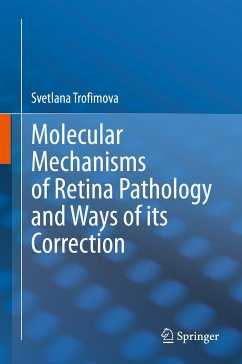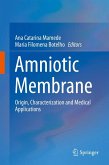The first section of the book reviews the molecular mechanisms of age-related macular degeneration, diabetic retinopathy, and retinitis pigmentosa, and reports on methods of treatment. The second section presents the results of recent experimental studies of the effects of short peptides on pluripotent embryonic cells; on proliferative activity in retinal cells and pigment epithelium; on expression of markers of differentiation or retinal neurons and pigment epithelium; and on the course of hereditary retinal pigmentation in Campbell rats. The third section offers results of clinical studies on the effectiveness of short peptides in patients with macular degeneration, and in patients with retinitis pigmentosa.
The author concludes that the regular use of peptides in the treatment of degenerative diseases of the retina can slow the progression of the pathological process and preserve the patient's vision for some 10-15 years. In addition, in 80 percent of patients, it is possible to increase visual function by increasing visual acuity, improving the boundaries of the visual field and the fundus.
Dieser Download kann aus rechtlichen Gründen nur mit Rechnungsadresse in A, B, BG, CY, CZ, D, DK, EW, E, FIN, F, GR, HR, H, IRL, I, LT, L, LR, M, NL, PL, P, R, S, SLO, SK ausgeliefert werden.









